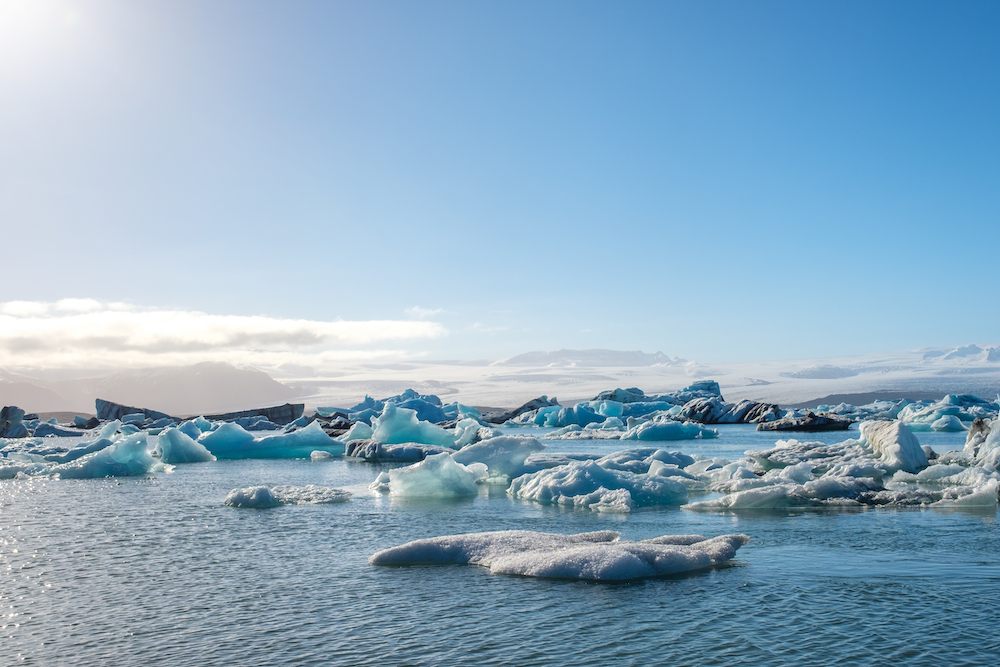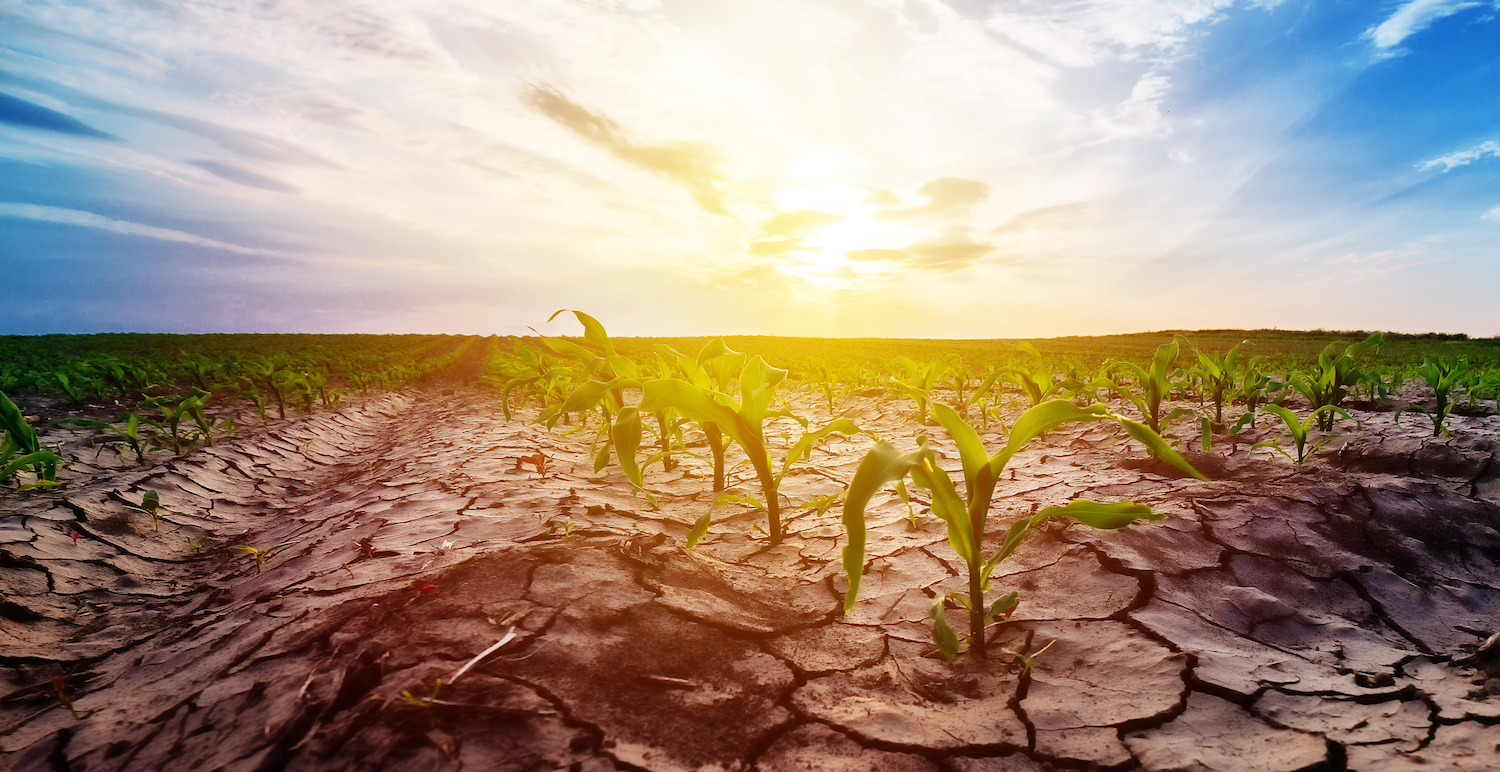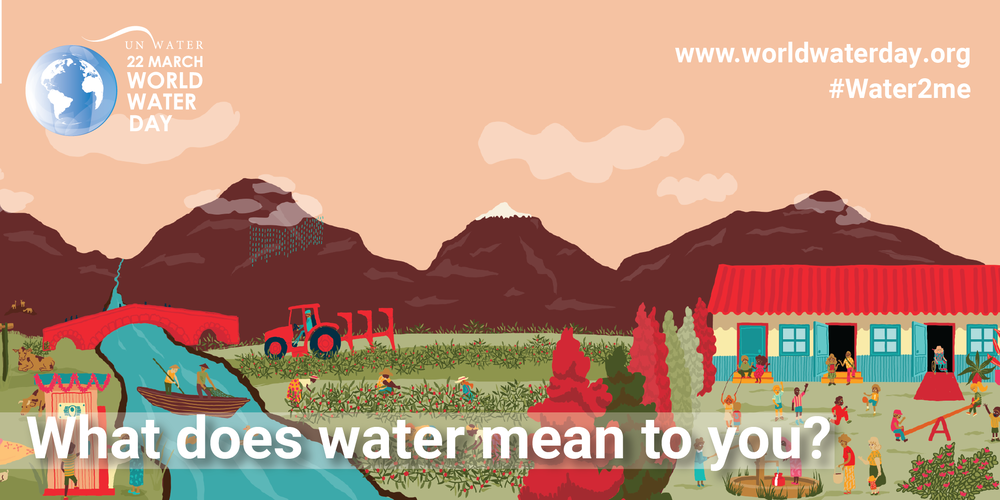Today is World Water Day, a day to bring awareness to the world water crisis and highlight the importance of safe water for all. The theme for this year is valuing water and it could not be more appropriate.
Now, more than ever before, we need to truly understand the value of water. Water scarcity is becoming an increasing concern around the world. Humanity needs to become aware of the major water challenges that we face and how their actions can make a difference when it comes to protecting this essential resource.
Water means different things to everyone, but the one similarity we all share is that we depend on it to survive. We all value water because it is essential, however, it’s true importance is not always reflected in how we live our lives.
What is water scarcity?
Water scarcity occurs when there are insufficient freshwater resources to meet human and environmental demands in a region. Physical water scarcity refers to a situation where natural water resources are unable to meet a region’s requirement, while economic water scarcity happens as a result of poor water management. Water is unevenly distributed globally, with much of it being polluted, wasted and unsustainable managed.
Water scarcity already effects every continent on the planet and many regions, both rich and poor, are at their limit for sustainably delivering freshwater resources. 1.2 billion people, roughly one-sixth of the world’s population, live in severely water-stressed agricultural areas (FAO, 2020), and by 2030, 700 million people worldwide could be displaced by water scarcity (Global Water Institute, 2013).
Water scarcity is a human rights issue which is why one of the United Nation’s (UN) sustainability development goals is to ensure availability and sustainable management of water for all by 2030. Access to safe water is essential for global development. Water scarcity can limit economic opportunities, cause health problems, damage natural ecosystems and lead to the loss of valuable ecosystems services.
The major challenges
Climate change and increased demand are exacerbating water scarcity. Globally, these are the two greatest challenges putting the most strain on the planet’s water resources, but many other factors also play into the complex problem of water scarcity. Water pollution, conflict, government control and distance all reduce the amount of water available for human use.
Climate change
Weather patterns and water cycles are changing as humans emit more greenhouse gasses into the environment. Glaciers and sea ice are disappearing while extreme weather events are becoming more common. Droughts, floods and heatwaves leave regions low on water, depleting their natural stores, impacting economies and damaging the environment. Climate change is worsening the water crisis, especially in areas that are already experiencing water stress.

View of melting down glacier due to global warming.
Increased demand
There is an increased demand for freshwater resources from an ever-increasing population. It is not only that there are more people on the planet than ever before, but we are consuming and wasting more than ever before too. Overuse and waste are two big issue when looking at water scarcity. Our demanding consumer habits and rising numbers are placing huge strains on water resources and in many regions the supply simply can’t sustain that style of living. Economies often undervalue water as a finite resource and proceed to use it inefficiently with little regard for waste. The current world demand is not a sustainable one.
As water resources become scarce around the globe, more problems arise with water allocation. Governments may be forced to choose between environmental, agricultural, industrial and municipal interests, and inevitably some groups win while others are left without. Sustainable management is required to overcome these issues and the idea of water having a value to people needs to be re-established.

Overpopulated building in Hong Kong
How can we prevent water shortages?
Water scarcity is not an issue that can be solved with one quick fix, it will require a multidisciplinary approach with a combination of changes working together.
Education and awareness
Education is vital to solve the water crisis. If people understand the issue, they are much more likely to want to make a change. By making sure that water scarcity is spoken about worldwide, it will help to alter people’s behaviours, encourage a global conversation and inspire the next generation to be more sustainable in their use.
New technologies
Innovation is helping to make a real difference to water scarcity. Whether it is smart irrigation systems, leak detection technology to reduce waste or solar desalination, they all work towards increasing water conservation and efficiency which are essential for sustainable water management. This is an exciting area which is developing quickly.
Reduce waste
We need to try and save water whenever and wherever possible. Waste happens at every level, from residential homes to global industries, and it will only work if everyone makes the change. Agriculture is one of the big areas that needs to be addressed. Farming and irrigation are huge offender when it comes to water scarcity. Agricultural practices need to be improved so that they use less water and minimise waste.
Improve infrastructure
Infrastructure is essential for distributing clean water to everyone. However, many people in developing countries are still not connected to public water infrastructure. They often rely on community taps to meet their water demand, which may not work in droughts, leaving them at high risk of being impacted by water shortages. By connecting these people to the public water supply, water scarcity risk would be greatly reduced. Improving sewage systems is another way to prevent water scarcity from getting worse. Without proper sanitation systems water can be full of harmful diseases causing health issues.

Drought in cultivated corn maize crop field
Policies and regulations
Implementing environmental policies to preserve and restore ecosystem services that naturally work to filter, store and release water will be a key way to fight water scarcity. Ecosystems such as forests and wetlands provide valuable services that protect fresh water supplies while also working as natural barriers against floods.
By no means are these the only solutions, but they are some of the big ones that countries are focusing on to help them achieve a more sustainable future for their water resources.
Valuing water is the way forward
The true value of water needs to be understood and the appropriate actions taken to sustainably manage it. Without this change disastrous effects from water scarcity will be witnessed globally. Humanity needs to stop taking water for granted and think about the real value behind this finite and irreplicable resource. Water is a global resource and the issues of water scarcity need to be addressed in such a way.
This World Water Day let’s make water scarcity and the value of water a global conversation and start making important changes.
Do you have an article to share? Click here to submit. If you’d like to subscribe to our weekly newsletter, click here.







